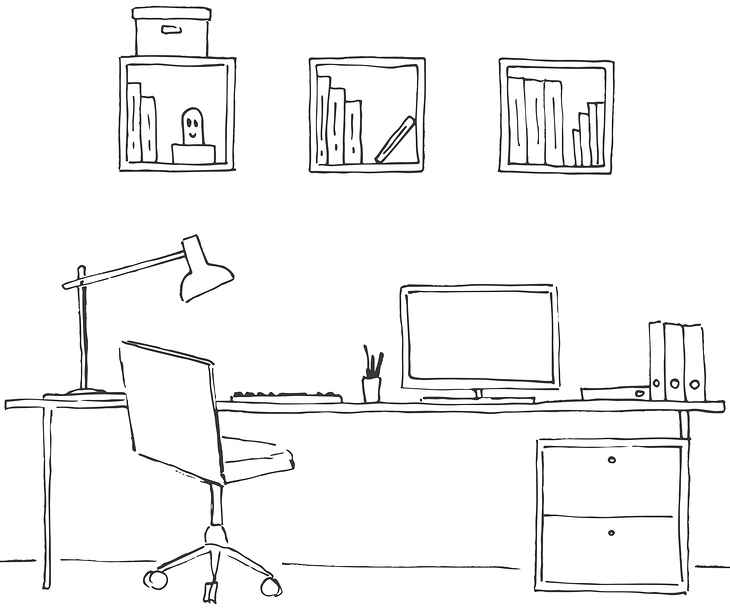One of the most complex human relationship is that of a child and its parents.
The beautiful baby that you have been carrying in your womb for 40 weeks is handed to you by the mid-wife without a manual that tells you how to be the perfect parent.
You have limited knowledge, no real idea what you are doing and few are naturally born gifted as parents learning as we go along and often mimicking how our parents raised us.
We look to our parents for guidance and expertise, they are our role models, the people we look to for help and advice when we most need it.
But what happens if you love your parents but you don’t get on with them or worse still dislike them?
Two months ago I made the painful decision to divorce my parents, not literally but consciously.
After yet another awful weekend when my father chose to be verbally aggressive, my husband decided to share some truths about his father-in-law.
 For twenty years he has held his tongue but on this occasion he told his father-in-law exactly what he thought of him in no uncertain terms.
For twenty years he has held his tongue but on this occasion he told his father-in-law exactly what he thought of him in no uncertain terms.
The fall out reverberated around our house for the next two weeks affecting my physical and emotional well being.
My husband was right to say the things he did, he was protecting me and standing up for what was a very unfair and unnecessary outburst from my father.
When we left for our family summer holiday I made the decision to mentally and physically cut lose my parents for my own well-being and self preservation.
For many years I have sought a loving and caring relationship one where my parents are proud and respectful of me, who want to be involved in my life and spend time with their grand-children only to be left disappointed by their lack of interest and involvement.
The truth is, it isn’t so much my mother that is the source of so much distress and animosity, more my father.
Can you really have toxic parents?
He is opinionated, bullish, rude and incapable of saying anything nice, his words are like arrows, sharp and critical.
Never a good word only a bad one, sad really given that he has two amazing children who have grown into adulthood successful, reasonably well adjusted and with four beautiful grand-children.
I know this is fairly typical of the generation and I also know that I am not the only one who has similar experiences.
My parents are in their eighties and need me more than I need them, yet, they are intent on alienating themselves from the very family they know can offer support.
My husband and I aren’t the only ones who feel this way, my sister-in-law shares the same sentiment about my father and has made it abundantly clear on many occasions how she has little time for him.
And whilst I have made excuses for his behaviour and attitude in the past and have gone to great lengths to defend him I am now at the stage in my life where I no longer value or want him in my life.
This is not the first time but it will be the last.
Seeing this in writing is a bitter pill to swallow I am forthright, opinionated but neither nasty or vindictive and I can’t help but feel that in spite of trying so many times to make the relationship work it is doomed.
You can put the hard work into a relationship and get little in return and be made to feel worthless and unimportant but you do have the choice to leave it.
In a marriage, you can divorce your spouse, leave an abusive relationship, walk out when your lover mistreats you by having an affair.
What happens when the source of your mistreatment and to put it bluntly misery is your parents?
No parent is perfect and parental failure seems to be a common issue often leading to some kind of therapy for the offspring.
Why is that good parents who love, care and nurture their child or children often end up with a difficult or petulant child and, conversely children of toxic parents turn out to be decent human beings?
What happens to the grown child who is left bereft and lost by a parent or parents who, on the outside appear to be normal rational human beings but exhibit completely different behaviour in the company of their children?
Among my circle of friends there are one or two who push the idea that any relationship is salvageable even more so because they are, ‘your parents’.
If the relationship is unhealthy and detrimental to the son or daughter is there any point in trying to make it work?
There is also the presumption that parents should be predisposed to love and cherish their children unconditionally but what if they love conditionally and as the child becomes an adult he/she ends up with poor self-esteem and feels utterly valueless?
Should the relationship be saved even if parents cannot accept who you are even though you may be unaware of what it is you do to provoke them to behave in a certain way toward you?
As human beings we are hard wired to bond with one another, we yearn to be loved and accepted which is why the parent child relationship is so crucial during a child’s development.
The relationship that exists between the child and that of his parent undoubtedly determines the future of all other relationships throughout their life.
This lack of maternal/paternal love and warmth affects that person’s self esteem, self worth and makes them view relationships with suspicion and doubt.
Serving only to weaken the son or daughter’s sense of well being, by constantly undermining them, making the person feel negative and doubting their own ability to manage relationships and life once they reach adulthood.
How can anyone love me if I feel my parents don’t love me, am I really worthless?
A healthy and connected relationship with parents provides security and freedom to be listened to and respected, is empathetic and supportive, not self involved, worried about appearances and what others think.
Becoming a parent is a demanding yet fulfilling role, it is more than a job, there is no on/off switch nor can you send the child back when the going gets rough.
Your influence, guidance, love, emotional support and security can make the difference between a child feeling rejected and lost.
By demonstrating love, cherishing and adoring that child for being the other half of you can make a difference from them feeling dejected and lost like a ship without an anchor or, being made to feel special and that they truly do have a place in this world.
As Susan Forward writes in her book: “Toxic Parents: Overcoming their hurtful legacy and reclaiming your life”,
Loving behaviour doesn’t grind you down, keep you off balance, or create feelings of self-hatred. Love doesn’t hurt, it feels good.
Loving behaviour nourishes your emotional well-being. When someone is being loving to you, you feel accepted, cared for, valued, and respected.
Genuine love creates feelings of warmth, pleasure, safety, stability, and inner peace.
And that is exactly as it should be.



Hello Caroline,
The relationship with my mother was always volatile. The constant criticism and I’ll always remember the self limiting words said to me. I grew up inevitably believing these words until my twenties when I realised that all mothers are not the same. I cannot emphasize how difficult it was being brought up in the UK by Greek parents who were not only strict but with a very controlling mother. The arguments were many and we would go on for days without talking to each other until I would simply come around either from listening to my father’s excuses for her or due to my general character. The last straw came about 5 years ago when she told me to go to hell while she was under pressure and I stopped all communication with her. She never kept separate the relationship I had with her to the relationship she had with her grandchildren. She stopped all communication with them too and never made one move to revive a relationship between us. I eventually made the first move as always after months mainly because I wanted my children to have a relationship with their gran and she also provided some help to me (she cooks for me twice a week). I am not particularly warm to her and I do not make much conversation when I seen her twice a week and I don’t call her in between. I have learnt to put things through one ear and out the other and I don’t even comment on anything she says mainly because I can’t afford to lose the little help she provides. I strongly believe, if as a child, she was warmer and less critical I would have aspired to something more that what I am today. You do grow up believing you’re not good enough or bright enough until you put a stop to it yourself and ensure you do not continue the pattern with your own children.
Thank you for sharing such an honest account of your younger years. I feel we share a similar situation, it hurts doesn’t it but like you I too have 2 wonderful grand-children that they are missing out on. Somehow we have to find a bridge of common ground and get over it but it’s not easy and there isn’t a day when I don’t think about my parents and wish the situation was better. Lots of love and best wishes to you and thank you for sharing.